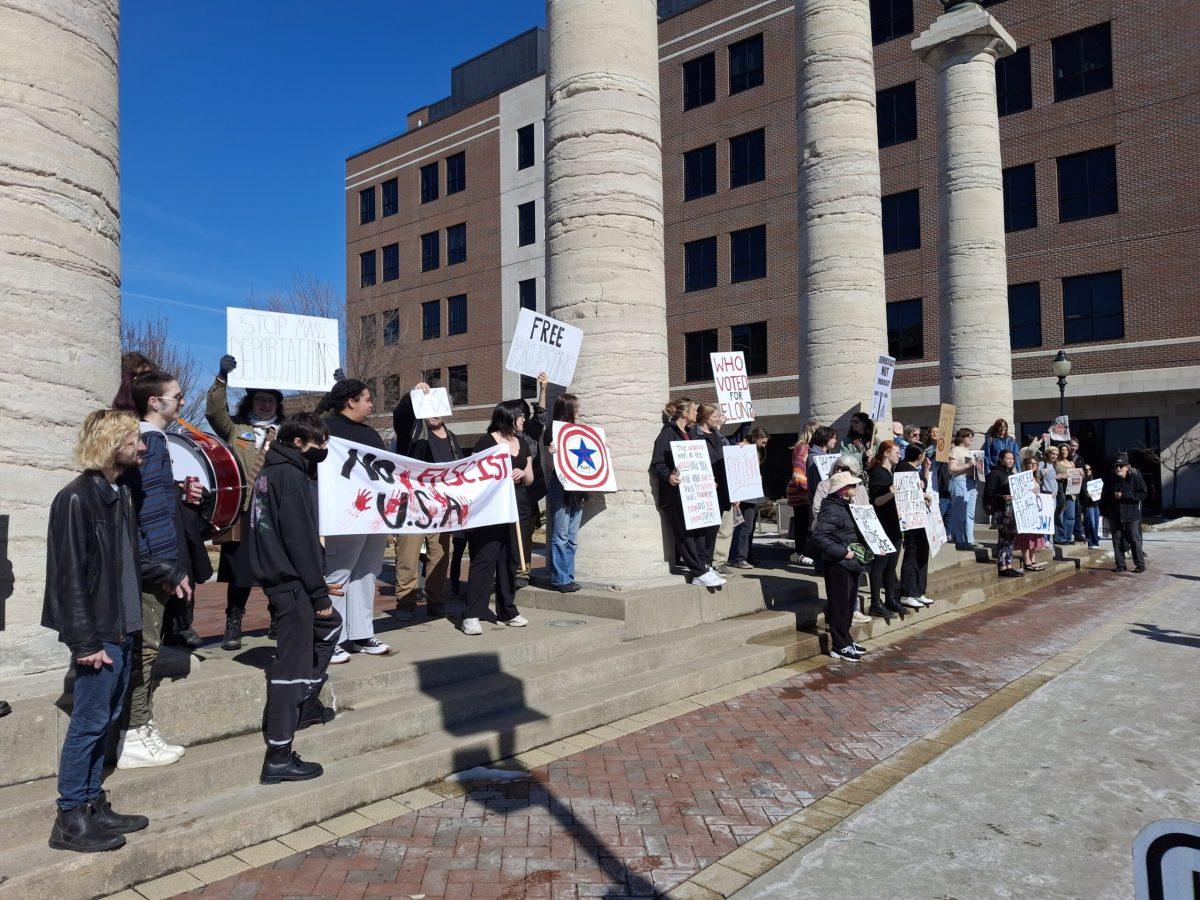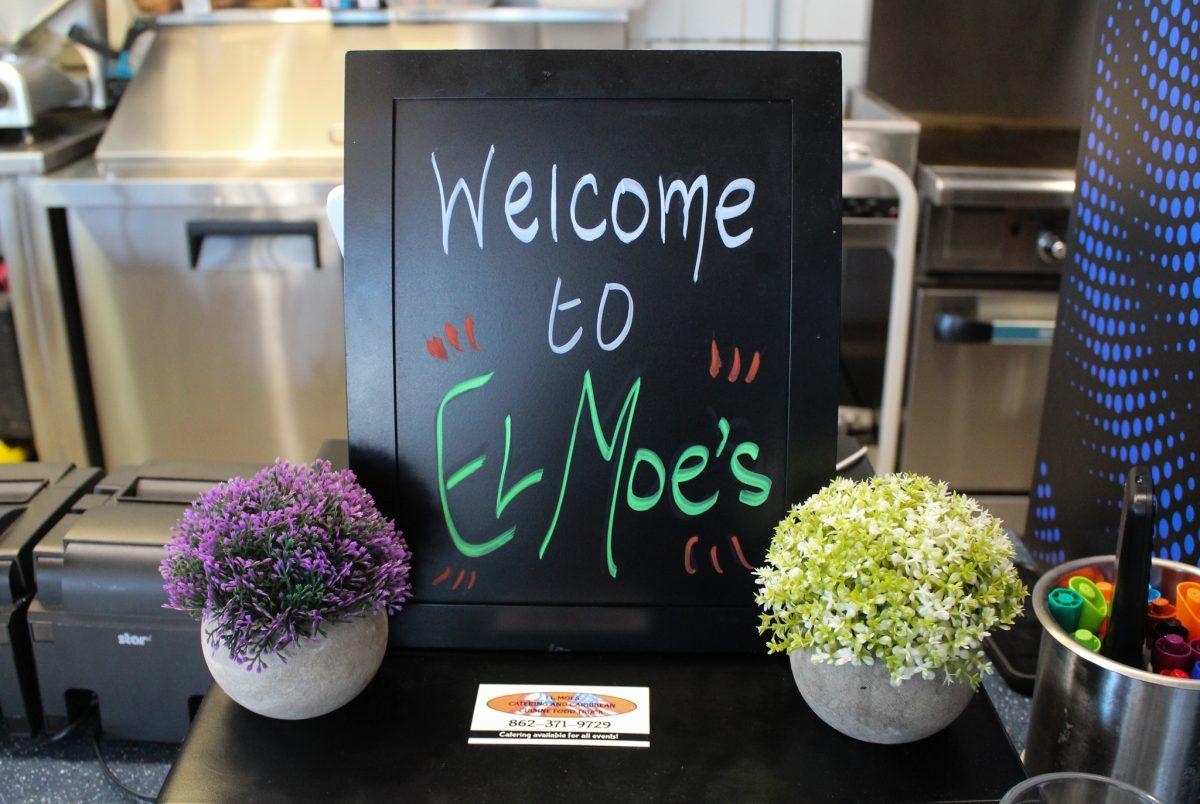On Feb. 5, the MU Department of Black Studies was proud to host a Student Forum with Prime Minister of Jamaica Andrew Holness. His discussion with students took place in the Monsanto Auditorium of the Bond Life Sciences building. The speech took place in the Monsanto Auditorium of the Bond Life Sciences building.
Daive Dunkley, associate professor of the Department of Black Studies, looked forward to the Prime Minister’s visit.
“We have worked for a long time now to have the Prime Minister of Jamaica visit Mizzou,” Dunkley said.
Dunkley went on to explain this year’s theme for Black History Month was “Black Vote. Black Liberation.” The goal of this year was to reflect on the struggles of Black liberation in history and the right to vote for many Africans and their descendants around the globe.
“Prime Minister Holness is a key example of Black leadership throughout the world, and we hope his speech will inspire other students,” Dunkley said.
The Prime Minister began his speech by thanking MU for hosting him and then started to discuss the changes to global politics caused by climate change.
“What ties democracy, youth leadership and the future of the world is climate change,” Prime Minister Holness said. “I think that there is a global leading census with a panel of experts that there is an increase in greenhouse gases, which is having an impact on the world — especially a small island like Jamaica, Puerto Rico and the other Caribbean nations with sea-level rise.”
Prime Minister Holness then argued that many of the world’s largest carbon-polluting countries don’t take notice of the effects climate change has on smaller countries with little to no carbon footprint. The Prime Minister then went on to rally for the rising youth activists of the world.
“My position for young people is to develop a sense of consciousness of the future of the world, because, one day in the future, climate change will affect them in one way or another,” Prime Minister Holness said.
At the end of his speech, Prime Minister Holness took questions from students in the audience who asked about how certain activists like Greta Thunberg have gotten so far because of the privilege of being light-skinned.
“Regardless of color, anyone can become an activist,” Prime Minister Holness said. “Yes, racism and privilege are real, but they are not insurmountable. Take a look at Malala Yousafzai, her actions have spread movements around the world, so, in fact, anyone can be the difference.”
Of the students attending, sophomore Ymbar Polanco in particular enjoyed what Prime Minister Holness had to say.
“Overall I thought the [Prime Minister’s] speech was really good,” Polanco said. “It gave me a larger perspective of politics in Jamaica and how their largest talking point is climate change, and it really made me think how small countries are being the ones affected by it and that the larger countries aren’t paying the full price for their actions.”
Polanco went on to express his support for many of the Prime Minister’s key points toward the polluting countries.
“If you really think about it from the Prime Minister’s angle, it’s very hypocritical when people even doubt the science behind [climate change] and what it does to the world as a whole,” Polanco said.
_Edited by Alex Fulton | [email protected]_












